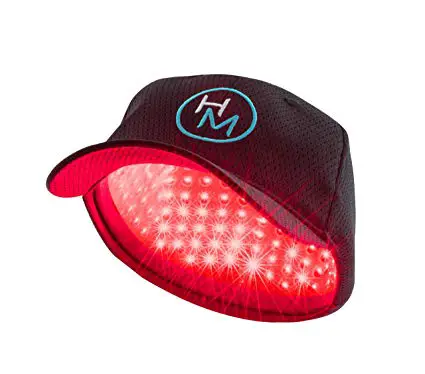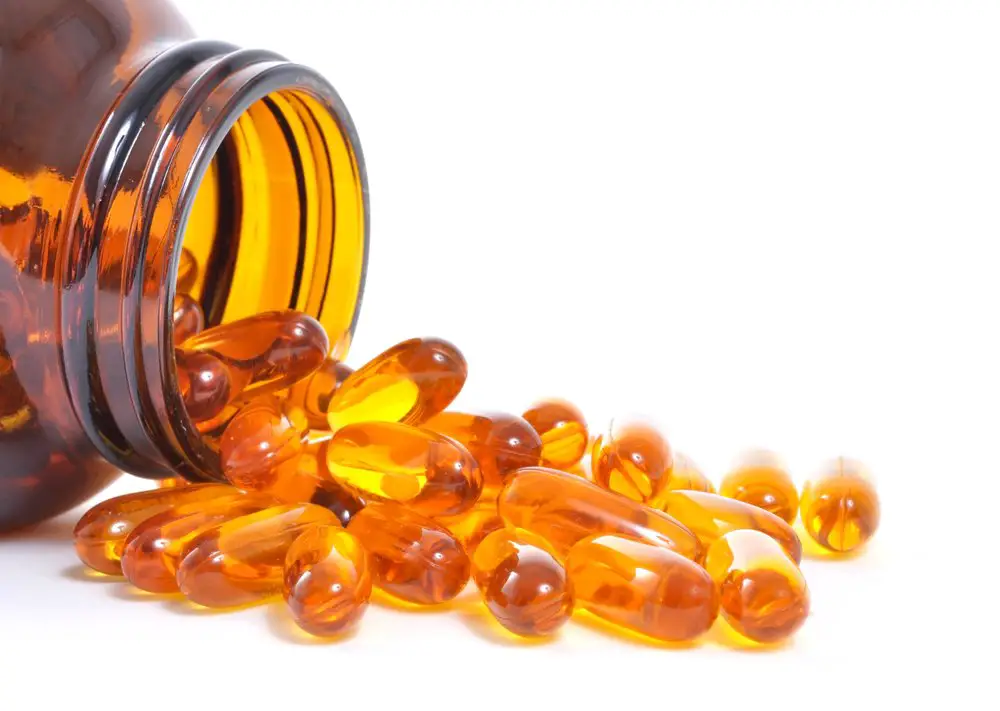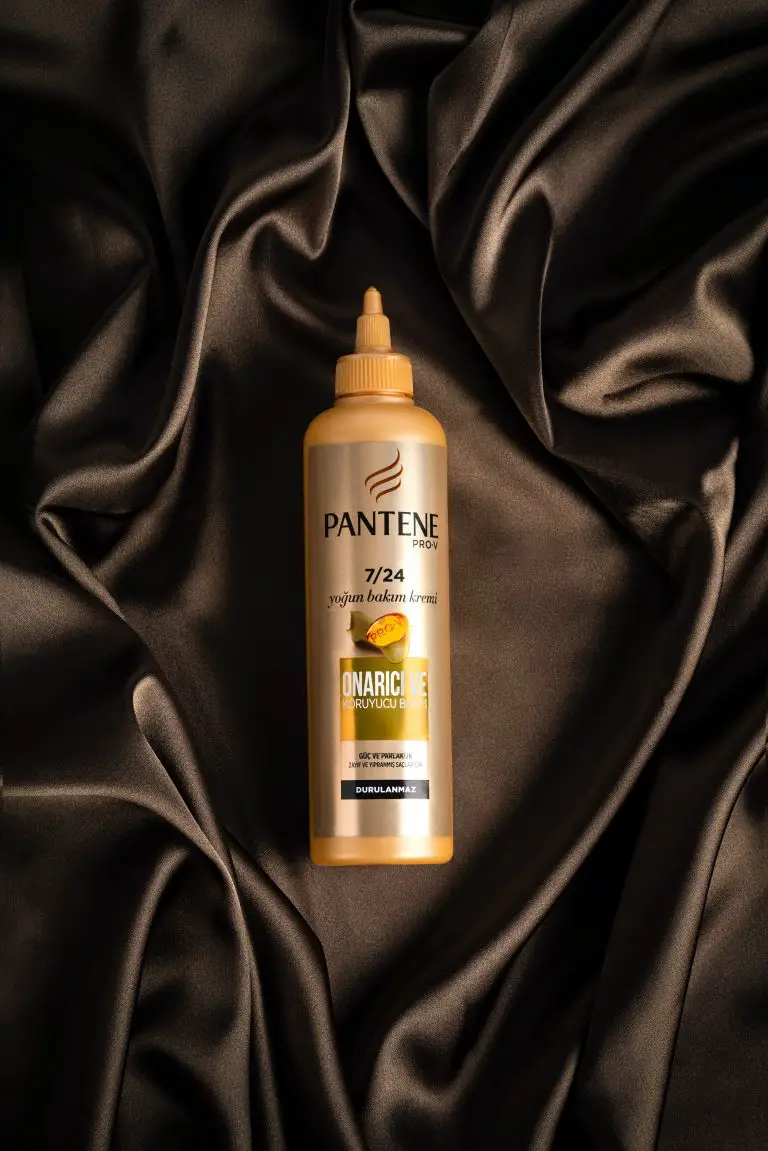
Page Contents
The Pantene brand is something almost everyone has heard about, and they have a lot of hair care products. However, you may have heard people claim that Pantene products have caused them to have hair loss.
Does Pantene cause hair loss? Yes, it does in some people. However, it doesn’t cause hair loss in everyone, and there are a few reasons it can cause hair fall.
There are also a few ways it can help keep your hair healthy. So, let’s look closer at Pantene shampoo to see how it affects hair growth.
About Pantene
Pantene is one of the oldest brands in the hair care industry and has been around since 1945. Its goal when it was founded was to provide hair care for women to help them have shiny and healthy hair.
Procter & Gamble bought the brand 40 years later, and it has since branched out to shampoos for men as well as women. Now, Pantene hair products range from shampoos and conditioners to hairspray, hair gel, and many other products.
The rumors that Pantene causes hair loss has been around for quite a while. Though I wasn’t able to find the source, supposedly, there was a study done in 2004 that compared different brands. This study showed that the Pantene brand caused more hair loss than other brands.
The Ingredients In Pantene
Since I wasn’t able to verify the source of the study, to answer the question: Does Pantene cause hair loss? I find it useful to look at the ingredients in Pantene shampoo.
First, we’ll review the ingredients list for ones that are good for your hair and can help your hair follicles grow thick hair. Then, we’ll see what harmful ingredients are in it that can be bad for your hair.
The Good
There are only a few ingredients in Pantene products that are undisputably good, helping you get healthy hair. Most of the Pantene products that have these will say so on the front.
Argan Oil
Argan oil is found infused in some shampoos, though you’re more likely to see it in a Pantene conditioner. It is both a moisturizer and styling agent that is high in Vitamin E, helping you get bouncy curls that are shiny and not frizzy.
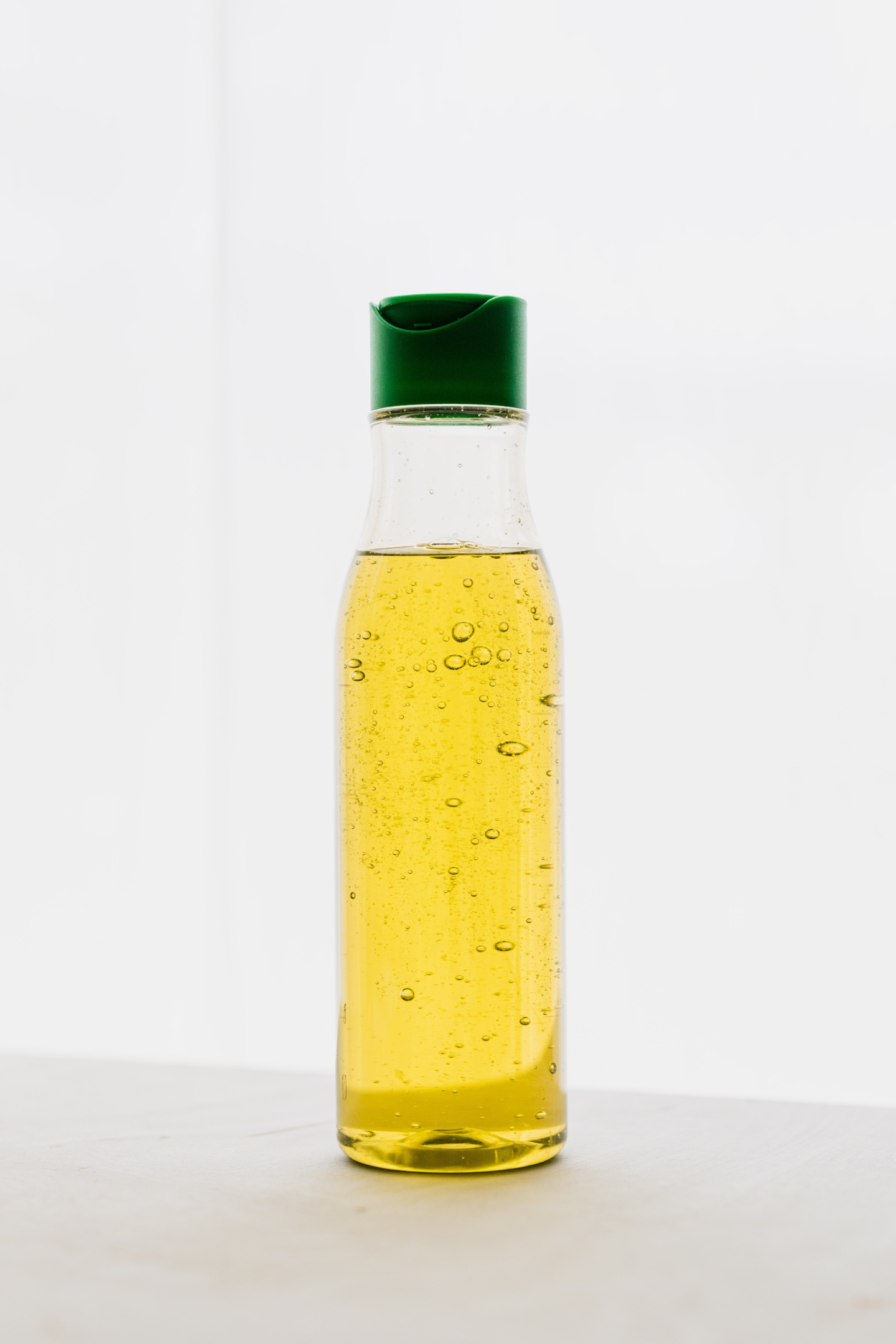
Biotin
Biotin can have amazing results, whether you have dry or oily hair. It assists your hair in making the keratin it needs. Though biotin has benefits when taken internally, it is also able to make your hair stronger when used topically.
Antioxidants
The Miracle Rescue line has antioxidants in it, which help boost your immune system. This is also thought to help with DHT and your follicle health.
Antioxidants are known to help prevent oxidative stress, with is part of what makes your hair eventually turn white. This also contributes to hair loss due to stress, so preventing this is beneficial for your hair.
The Bad
Though Pantene has a few ingredients that are good, there are several potentially harmful ingredients in Pantene as well. Each of the harmful ingredients I’m about to mention can cause hair loss.
Some people may not notice any negative effects at all. However, anyone with sensitive skin should be extra cautious about using products that have these harsh chemicals in them.
Sodium Lauryl Sulfate
Sodium lauryl sulfate (SLS) is a synthetic chemical used for cleansing found in many of Pantene’s shampoos. Almost everyone agrees that SLS is a harsh chemical.
A few other names of SLS are sodium dodecyl sulfate (SDS), sodium laurilsulfate, and sodium salt sulfuric acid. Whatever name it goes by, it is an ingredient that is one of many foaming agents.
It is so good at cleaning your hair that it easily strips your hair of its natural oils. These oils are there to protect your hair strands. Hair that doesn’t have this protective layer becomes brittle.
In severe cases, SLS can cause dandruff, itchy skin, dry hair, redness, and even rashes. According to the National Library of Medicine, SLS is not only known to cause irritation, but it also penetrates 5-6 mm into the scalp and can stay there for a whole week after you use it.
Sodium Laureth Sulfate
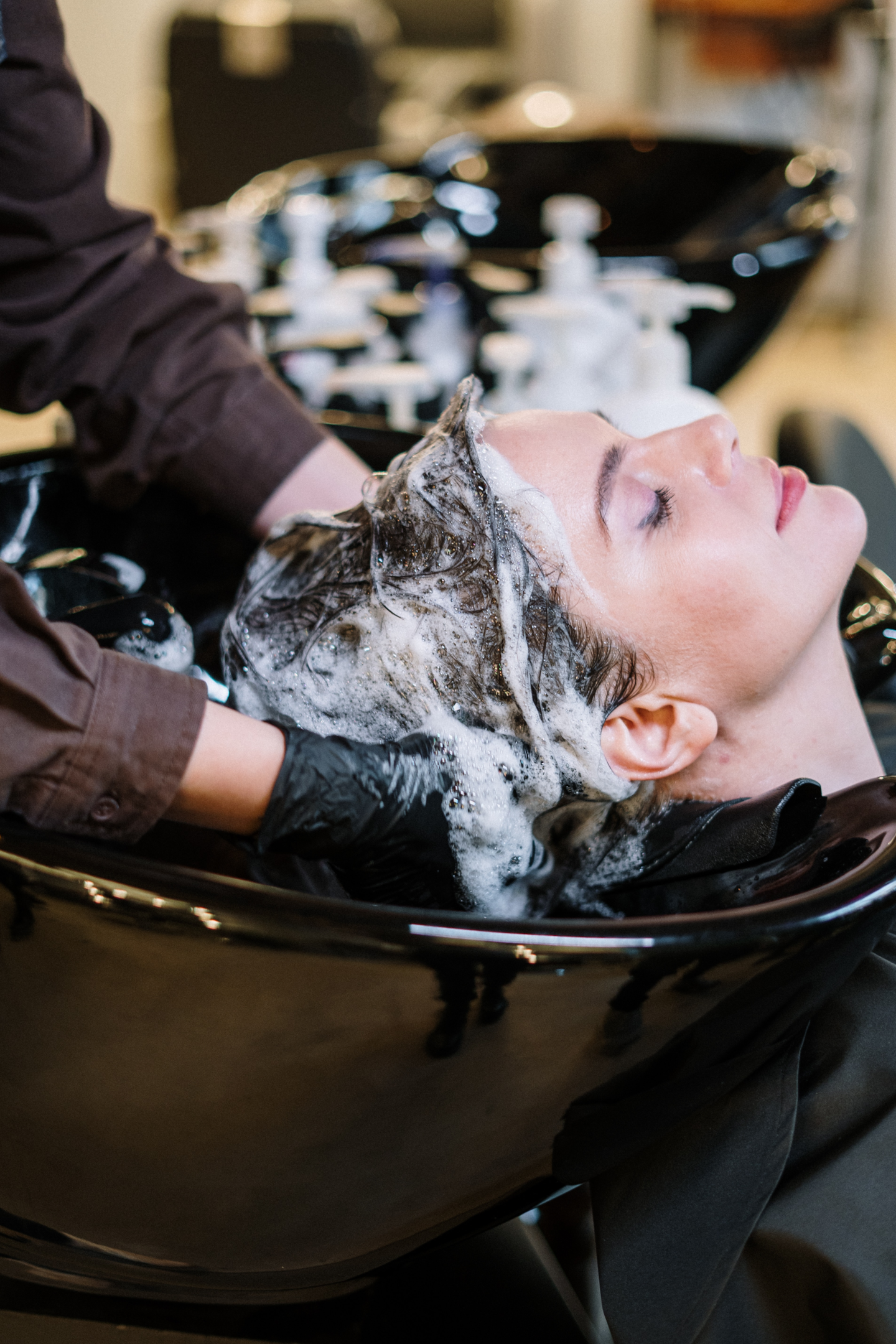
Sodium laureth sulfate (SLES) is another synthetic chemical made to clean and lather, but it is slightly milder and less likely to cause hair thinning. Two other names of SLES are sodium lauryl ether sulfate and dodecyl sodium ethoxysulfate.
In fact, SLES is SLS that has simply been through an extra step or two to make it gentler. The process used is called ethoxylation and involves using ethylene oxide to cause chemical reactions.
The result is that both ethylene oxide and 1,4-dioxane can be found in SLES in small amounts, the latter as a byproduct of the process. Both of these chemicals are carcinogens, which means they are known to potentially cause cancer.
So, though SLES is less likely to cause skin irritation, it is not exactly better. According to the World Health Organization, both SLS and 1,4-dioxane don’t break down easily and are toxic to aquatic life. Both are also banned in Canada.
Dimethicone
Dimethicone falls in the silicone-based group of ingredients that are included to make the product smooth and prevent clumps. This is meant to make it easier to get the beneficial ingredients to every part of your hair.
It is also supposed to give your hair strands a coating to protect them from damage, which is why it is used in almost all Pantene products for split ends.
Unfortunately, dimethicone is not water-soluble, which makes removing it from your hair very difficult. Therefore, it has the potential to build up, especially if it is not washed off well enough.
This tends to be worse on curly hair, since it is harder to rinse hair thoroughly all the way to the scalp. The result is hair that is dry and waxy in appearance, the curls often being flat.
It has also been known to put a layer on the scalp. This prevents your pores from making their natural oils and can cause hair loss by blocking your cells.
Formaldehyde
Formaldehyde is not something you will see on the ingredients list. However, you will find DMDM hydantoin in many of the Pantene hair products.
DMDM hydantoin releases formaldehyde when it comes into contact with water. This keeps the Pantene good and prevents it from spoiling due to bacteria, extending its shelf-life.
Formaldehyde is known to have many side effects, and its inclusion is only considered safe in small quantities. With ingredients that release it over time, however, it is hard to say how much of this harmful ingredient is in Pantene products.
This makes it entirely possible for Pantene products to have more formaldehyde than they should. This compound is also a known carcinogen, causing cancer and other health problems.
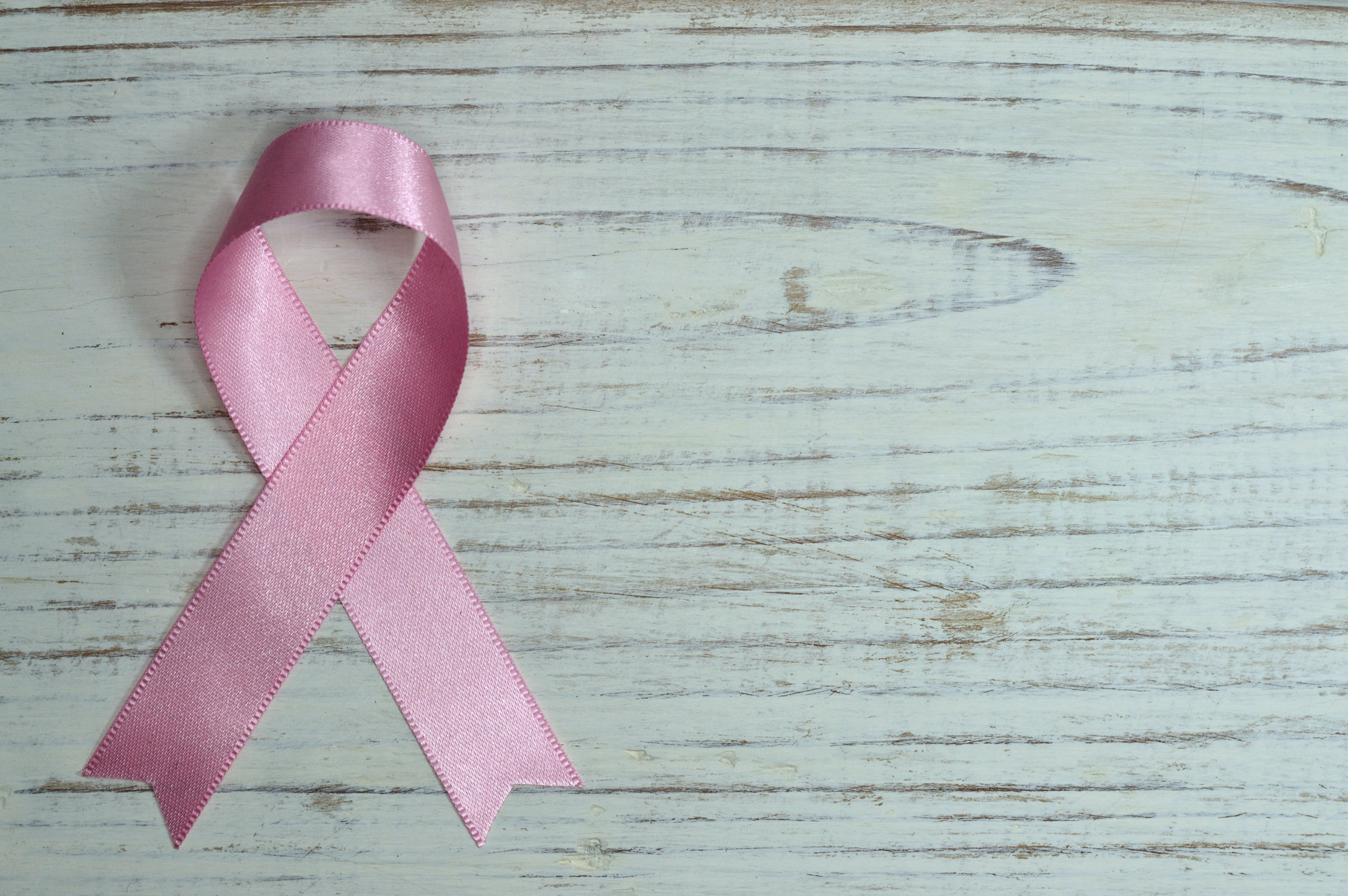
Over time, even if you don’t have a reaction to formaldehyde at first, you can develop allergic reactions to it with continued use. Allergic reactions are always bad for your hair and scalp.
Propylparaben
Propylparaben is one of the most common parabens and is in almost all Pantene products. It is a preservative that is easily absorbed into the body through the scalp, and they tend to stick around in the bloodstream.
Parabens are eventually removed from the body through your urinary tract. At any point that it is in your body, you can have an allergic reaction to it.
In some cases, parabens have been thought to alter a person’s hormones. As you may know, your hormones play an important role in controlling your hair growth cycles. Any change in your hormones is bad for your hair, as it can throw off this cycle and cause hair loss.
Those with a hair texture that is coarse or curly tend to get brittle hair when they use any hair care products that have parabens in them.
Cocamidopropyl Betaine
Cocamidopropyl betaine is one of the top ingredients in many Pantene products. It is made from coconut and helps make a thick lather, attaching to dirt to remove it from your hair.
It was also named one of the Allergens of the Year in 2004. Most commonly, it causes contact dermatitis, sometimes to the point of causing blisters to form if the scalp irritation is bad enough. Hair loss can be permanent if you do not stop using this harmful chemical.
Fragrances
Pantene does not use natural fragrances in any of its products. Unfortunately, any company that uses artificial fragrances is not required to say what’s inside it. So, there is no knowing what they used for the smell or if you might cause allergic reactions in people.
Other Ingredients
Some ingredients are only in a few of the Pantene products, while others are in only one or two of the Pantene shampoos.
Triclosan can be absorbed through your scalp and also stays in your body. This can eventually cause toxicity in your body. Toxicity can cause hair loss as it negatively affects your liver and kidneys.
Phenoxyethanol can cause organ toxicity as well, and the FDA warns that too much of it can cause your nervous system to shut down. This is far worse than just losing hair.
Sodium chloride is a salt and is very drying for your hair, no matter what your hair type is. All types of sodium, like sodium chloride, can make your hair brittle.
Related Reading
What People Say
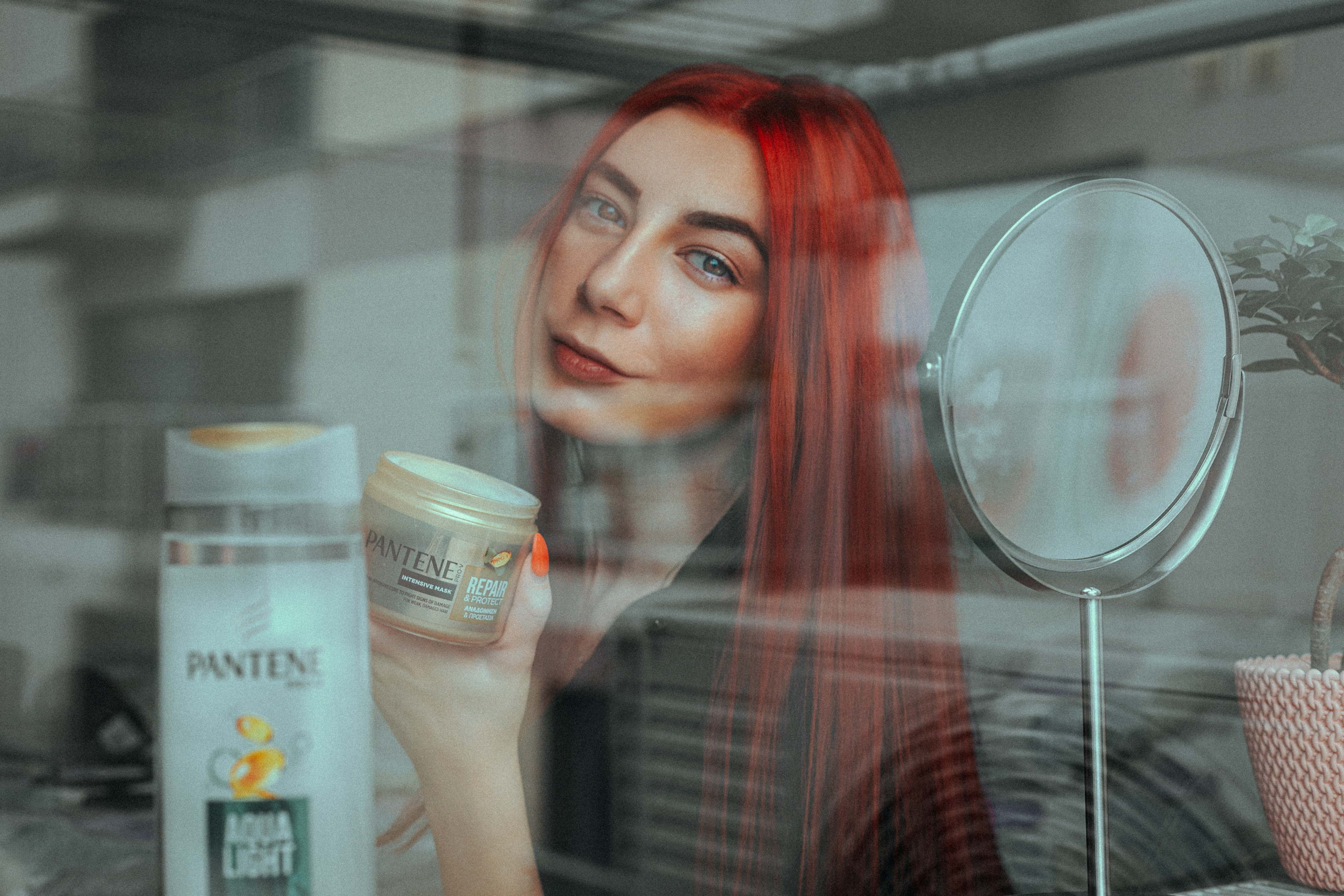
There are many articles asking the question: Is Pantene bad for your hair? Some of these claim that it hasn’t been proven that Pantene products cause hair loss. However, most point out that some of the ingredients are known for causing hair damage.
Also, when multiple people complain about something, there is usually a little truth behind it. One example is that many people agree that Pantene is not good for colored hair.
A few individuals have used their color-safe shampoo on their color-treated hair and still experience a loss of color.
Then, in 2016, a stylist posted on their Facebook page begging people to stop using Pantene products. According to them, they had put a client’s hair in foil for a hair treatment, only for their hair to literally start smoking a while later.
The stylist blamed the Pantene product the client was using, as some of the ingredients can cause build-up on the hair, which was what was responsible for what happened.
You should be aware that just because your hair looks shiny, this doesn’t mean your hair is healthy. Some of Pantene’s shampoos have ingredients that cover the hair shaft with a shiny film, hiding the damaged hair underneath.
Are Some Pantene Products Better?
Aside from whether or not Pantene can cause hair loss, you may be wondering if some products are worse than others. The answer is yes, with the Daily Moisture Renewal Shampoo being a good example.
It has no natural ingredients unless you count silica, which is moderately good to include in a hair care product. It also has almost all the bad ingredients that can trigger irritation, such as sodium laurel sulfate, and none of the biotin or other things that can help your hair.
Since sulfate is one of the ingredients in Pantene that is bad for your hair, you should stick with a sulfate-free shampoo.
In the sulfate-free shampoos that Pantene offers, they tend to use sodium lauroyl methyl isethionate. This gently cleanses and is much milder and less likely to cause problems.
You should also get a silicone-free product that is paraben-free. Unfortunately, finding a clarifying shampoo among the hair care options Pantene offers that meets all of these qualifications is very difficult.
The Pantene Gold series collection is a good place to look, being meant for curly hair. Since curls tend to be coarse textured hair that dries easily, Pantene shampoos in this collection don’t strip as much of your natural oils from your hair follicles.
The Pantene Gold series sulfate-free shampoo that is infused with argan oil is a fairly good option. This shampoo doesn’t leave most people’s hair dry, and the argan oil helps make frizzy hair more manageable.
Though it is not the worst shampoo, it does still have cocamidopropyl betaine and a few other harsh ingredients that you may not want on your hair. The Pantene conditioners are less likely to leave your hair dry, though you need to watch for the same things.
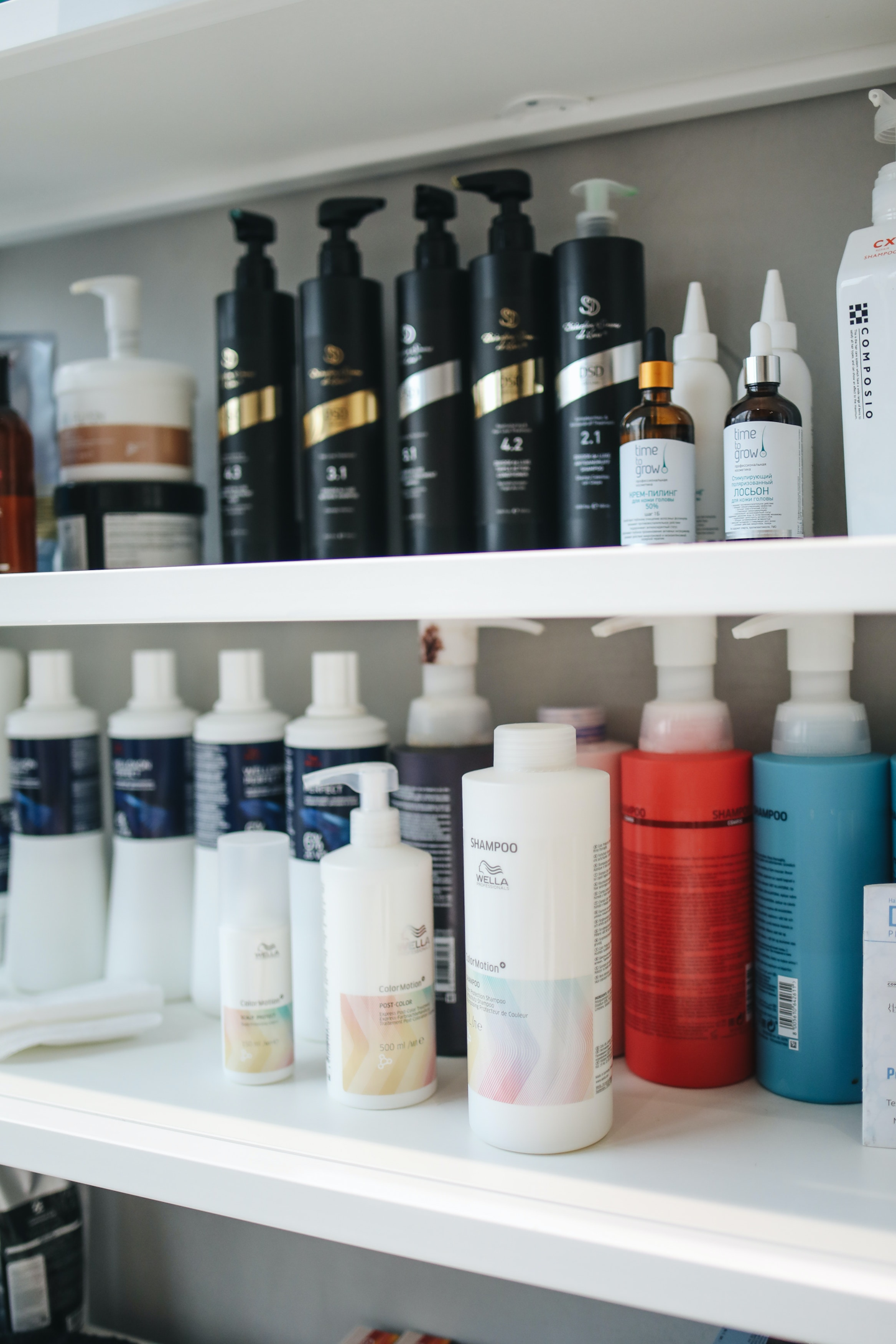
Final Thoughts
Though Pantene is one of the most famous drugstore brands for shampoos and conditioners, it is not a brand I recommend.
Everyone’s hair and scalp are different, so you may not have any allergic reactions at all. Because these haircare products are available at such a reasonable price, you may want to try them regardless of the risks.
Just try to choose one that is sulfate-free, silicone-free, and paraben-free. If you’ve used Pantene shampoo, I’d love to know if you thought Pantene bad or good for your hair.
Since it does differently with different hair types, please also say what your hair type is and how bad your hair loss was, if you had hair loss.



